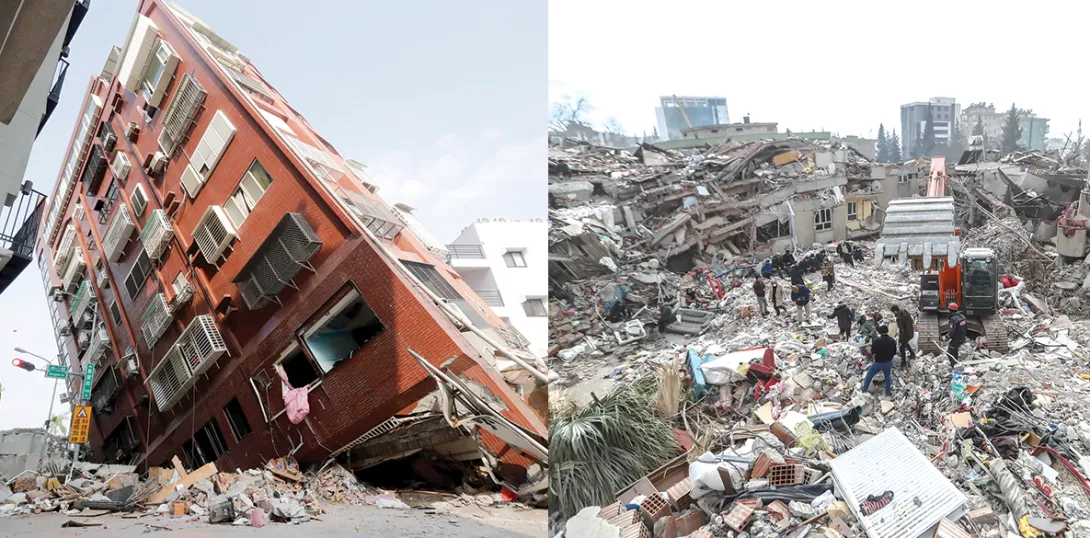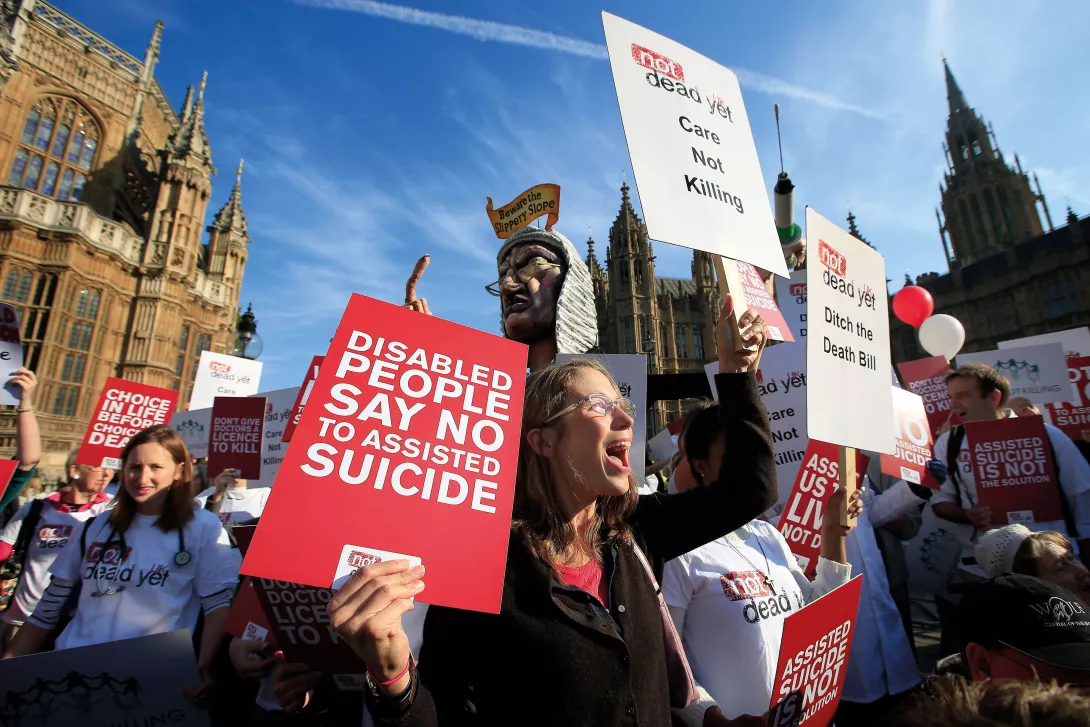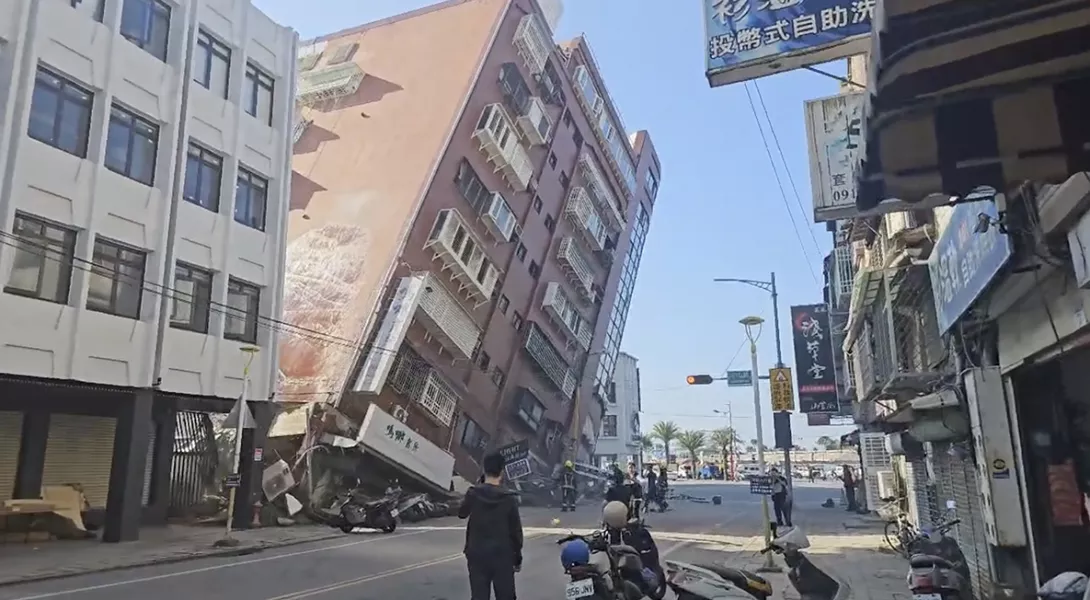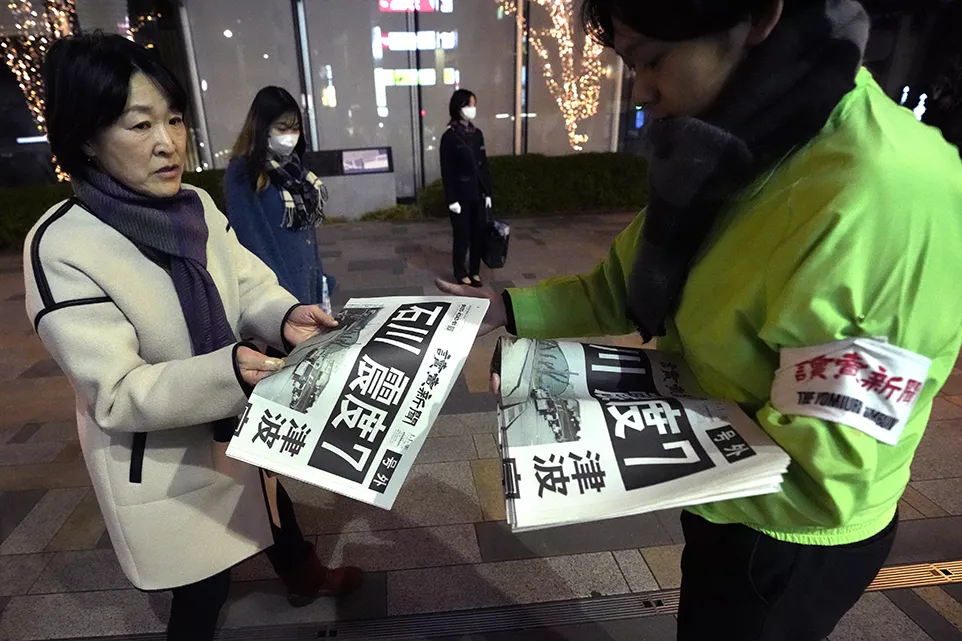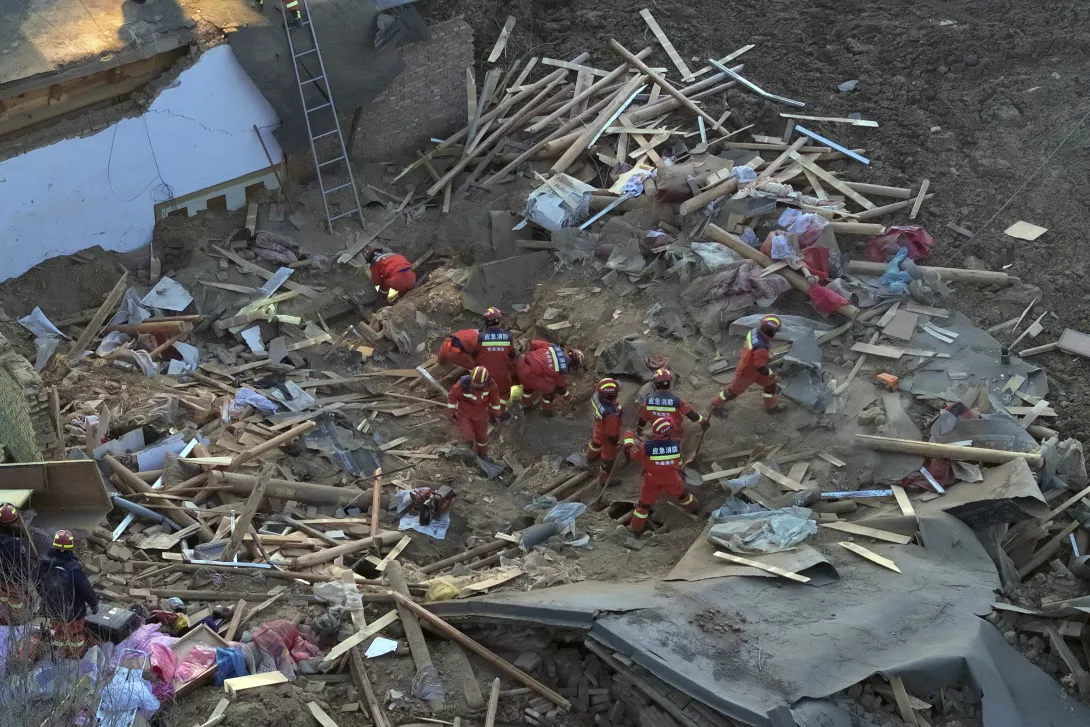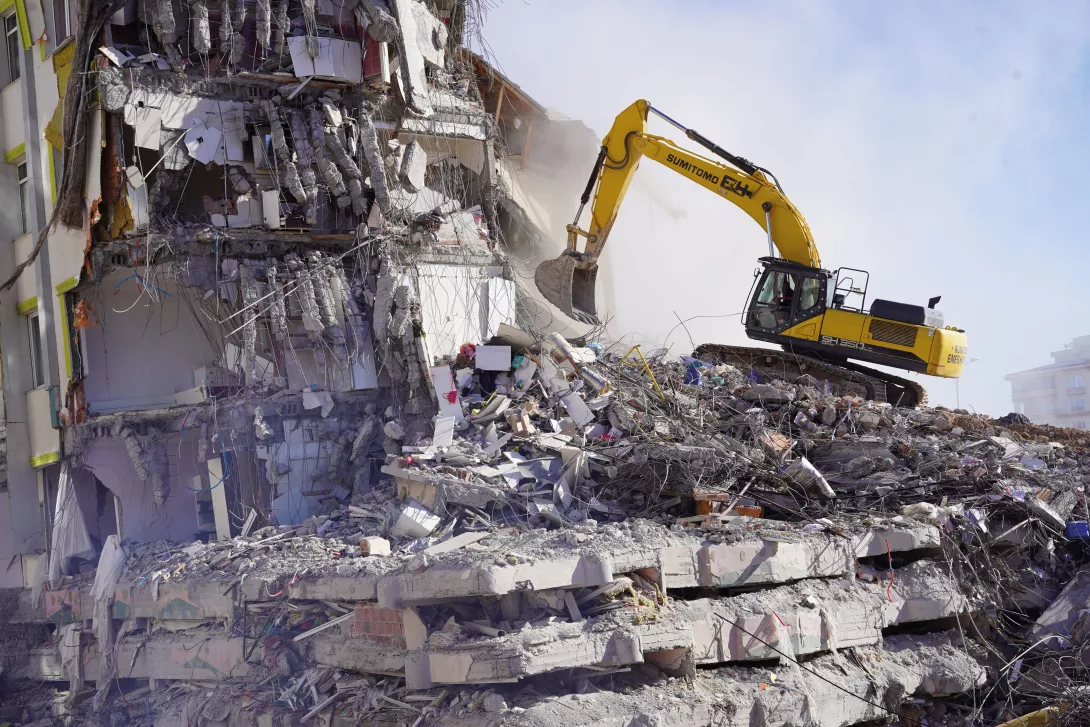
ALMOST a year on from the devastating earthquake that hit south-eastern Turkey and Syria, a number of trials have started in an attempt to challenge some of the building practices that prosecutors believe led to the collapse, most recently the case of the Hotel Isias in Adiyaman, where 72 people were killed in this one hotel alone.
Tragically 39 of them were from North Cyprus and the well-regarded Turk Maarif Kolej school, whose students were participating in an international volleyball tournament, which they had won the day the earthquake struck.
The death of so many youngsters is regarded as the single biggest tragedy to hit Northern Cyprus, whose independence from the Republic of Cyprus is only recognised by Ankara.
Prosecutors are arguing that, had proper safety standards been met, the tragedy could have been averted. The 11 defendants, including the owner of the hotel are charged with “conscious negligence.” If found guilty, they could face more than 20 years in jail.
In a week where a 7.5 magnitude earthquake hit Japan, many Turkish people have again been questioning why there is so much devastation and loss of life when a major earthquake hits Turkey. The 7.8 magnitude earthquake in Turkey killed 52,000 people, according to official figures.
In Japan last week the major earthquake there killed a reported 62 people. All loss of life is tragic, but there are serious questions being asked in this trial around building regulations and safety standards. We have to hope that the Turkish Cypriot families devastated by the Isias Hotel tragedy will see some form of justice at the end of the trial.
The prime minister of the self-declared Turkish Republic of Northern Cyprus Unal Ustel, along with a 100-strong party across the political spectrum, are expected to stay in Adiyaman until the conclusion of the hearing.
As this is one of the first trials linked to the earthquake devastation a year ago the outcomes and any penalties will be seen as strong outcome indicators for other developers who are facing similar accusations and who are found guilty in the Turkish courts.
Twelve months on, the effects of the earthquake on the wider Turkish Cypriot community are still felt strongly, not just in Cyprus, but wherever the diaspora lives.
In Britain, where there are reportedly more Turkish Cypriots living than in Cyprus itself, the community is again having to relive those terrible moments — sketchy stories coming out of Adiyaman at the time, which initially indicated that the children were safe were later proven to be incorrect with not a single student from the “kolej” or teacher surviving the collapse of the Isias Hotel.
Turkey is no stranger to big earthquakes. It has a striking comparison with Japan in that it is regarded as an earthquake country. It sits bang in the middle of a complex series of three tectonic plates, Anatolian, Eurasian and Arabian strike faults which effectively means that Turkey will never be free of large-magnitude earthquakes.
In 2011 the Aegean region was hit with another huge earthquake and Recep Tayyip Erdogan, who was then Turkish prime minister, laid the blame on alleged poor construction for the then high death toll, saying: “Municipalities, constructors and supervisors should now see that their negligence amounts to murder.”
Twelve years on sadly history looks to have repeated itself. What makes the latest earthquake deaths even more of a bitter pill for people to swallow is that since 2011 many people hoped that Turkey would be in a stronger position to deal with high-magnitude earthquakes. An “earthquake tax” was established. There has reportedly been over £2 billion in revenue raised from this tax but it is unclear from government budgets how this money has been spent.
To complicate things even more, the concept of “construction amnesties” is something that plays out in Turkey going back as far back as the 1960s. What this effectively meant is that those developers whose buildings were regarded as not meeting the required safety levels were able to skirt around this important proviso by paying huge fees to get the lacking safety certification waived.
It really is quite a scandal, with the last known amnesty taking place in 2018. There were reports that another one was being discussed just days before the earthquake took place.
I hope that the lives of those children from Turk Maarif Kolej and the 52,000 other lives lost will not be completely in vain, but only time will tell and sadly history does not give us hope of positive change. I pray I am wrong.
